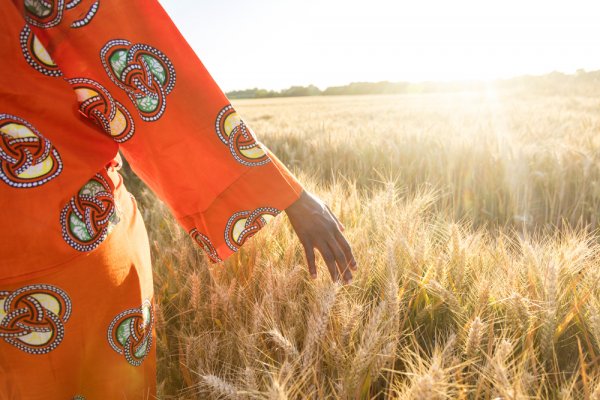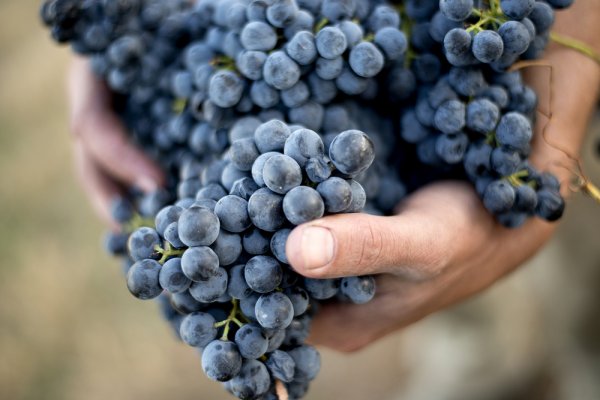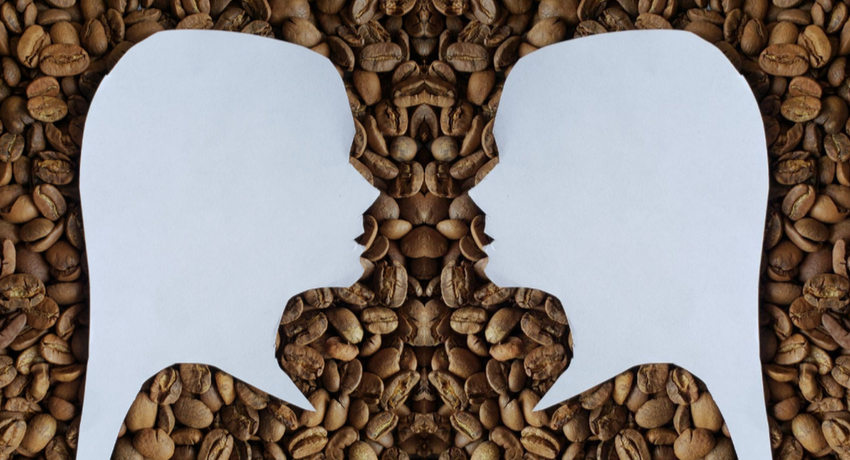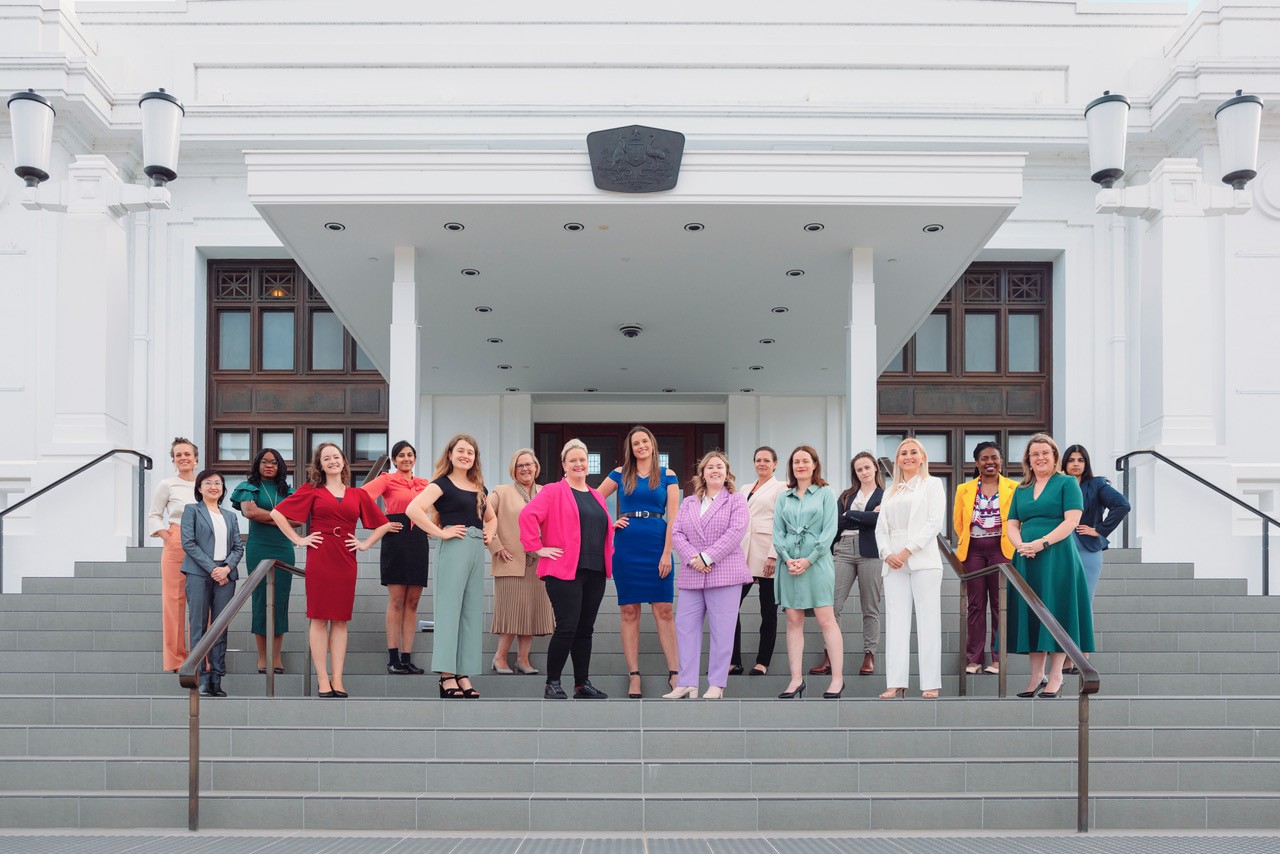Gender-diverse agricultural workers face particular barriers that are critically under-recognised. Take Betsi, a young woman who farms crops for a living, and lives in a rural setting in the Pacific with her partner Josi. Those close to them know they are a couple, but when they go into town to sell their crops they do not correct people who assume they are sisters. This is due to the discrimination they would face in their community where same sex relationships are not accepted. This discrimination makes them reluctant to disclose their relationship status when accessing assistance and programs.
Almost all studies of gender in agricultural research focus on binary gender identities, allowing little space for gender diverse expressions or sexuality outside heteronormative frameworks of the ‘family’
This is a story that is reflected throughout the world. And yet, it is not often reflected in policy documents, program guidelines and gender training for agricultural officers. Where are the case studies where non-binary agricultural workers are openly participating or represented in programs? Almost all studies of gender in agricultural research focus on binary gender identities, allowing little space for gender diverse expressions or sexuality outside heteronormative frameworks of the ‘family’.

Due to the lack of empirical research and evidence, at the upcoming Seeds of Change conference co-hosted by The Australian Centre for International Agricultural Research (ACIAR) and the University of Canberra on 2-4 April 2019, I will open the dialogue beyond the binary when we talk of gender in agriculture by asking what are the best-practice approaches? What are the case studies of successes and barriers? What and who do we mean when we talk of ‘gender’ in agriculture?
Bringing together researchers from all over the world, the conference is a chance to unpack all this. To ensure an inclusive understanding. To be mindful that we ‘leave no one behind’ as the United Nations Sustainable Development Goals mantra exhorts us to do.
Scholars and practitioners of gender and agriculture must be concerned with inclusion of gender identity and sexual orientation. Through the investigation of power and access within societies, contemporary research is finding that the voices of minority sexuality and gender identity groups are underrepresented, and they often have less access to resources. Development and research interventions almost always overlook both their diverse roles in society, and their specific needs.
Given the pivotal role of gender research in agriculture in uncovering inequalities in power and access between men and women, and the impacts on food security, nutrition and production, this framework should be extended to include vulnerable groups such as minority sexuality and gender groups.
There is a clear need to develop organisational capacity to ensure decision-making and projects are open to everyone
Looking outside agricultural research gives us some ideas on how this can be achieved. Our research builds on the ground-breaking 2018 Down By The River report, which addresses the rights, needs and strengths of Fijian sexual and gender minorities in disaster risk reduction and humanitarian response. As Down by the River makes very clear:
Violence and discrimination on the basis of sexual orientation, gender identity and/or expression, or sex characteristics is now recognised within global human rights bodies as violations of human rights. For rights-based and needs-based development… there is now an urgency to address the rights, needs and strengths of sexual and gender minorities…
There is a clear need to develop organisational capacity to understand terms, develop guidance for inclusion of sexual and gender minorities, and to ensure decision-making and projects are open to everyone. It is important to prompt reflection, share stories and examples of best practice, and encourage open dialogue and discussion that will lead to new ideas and collaborative outputs.
This is an essential conversation to have, as recognition is an important step towards inclusion. We must learn from people’s lived experiences to inform researchers’ and practitioners’ awareness of what the Down by the River report flags as “habitual and underlying discrimination on the basis of heteronormative, cisnormative and binary assumptions”. Greater reflection on these power dynamics will in turn increase the effectiveness of any future strategies addressing issues facing modern agriculture.

Professor Naila Kabeer from the London School of Economics will deliver a public lecture on gender and agriculture on 3 April 2019, at the University of Canberra. This will be followed up with a 5050 by 2030 Foundation interview by Virginia Haussegger with Professor Kabeer, published on BroadAgenda.
Watch. Listen. Learn. Expand. We are truly laying the seeds of change.
Dr Jane Alver is a Senior Research Fellow in the Faculty of Business Government and Law at the University of Canberra. Her research area is civil society activism for gender equality.





